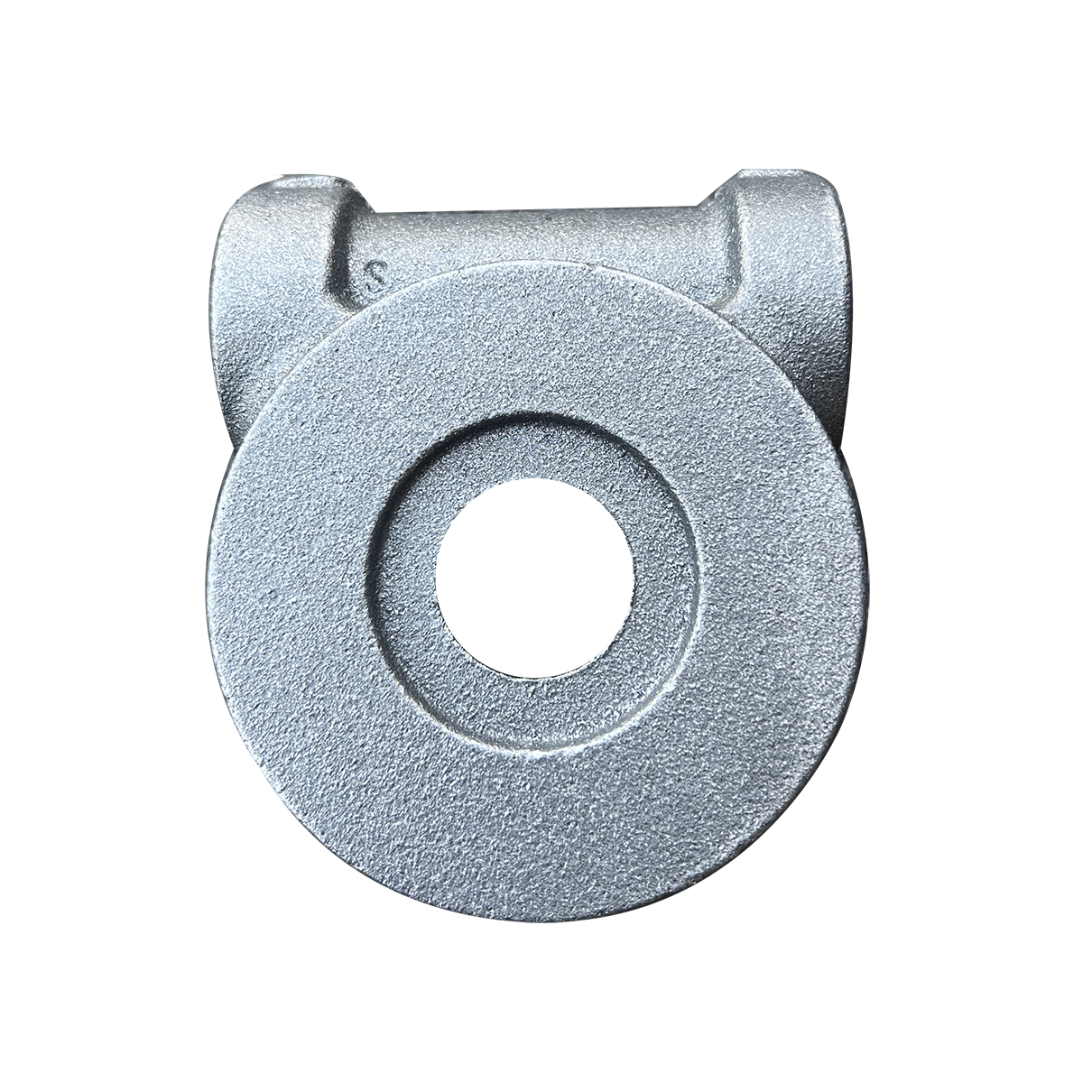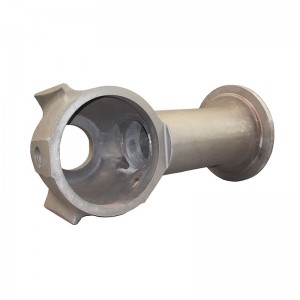- Afrikaans
- Albanian
- Amharic
- Arabic
- Armenian
- Azerbaijani
- Basque
- Belarusian
- Bengali
- Bosnian
- Bulgarian
- Catalan
- Cebuano
- China
- China (Taiwan)
- Corsican
- Croatian
- Czech
- Danish
- Dutch
- English
- Esperanto
- Estonian
- Finnish
- French
- Frisian
- Galician
- Georgian
- German
- Greek
- Gujarati
- Haitian Creole
- hausa
- hawaiian
- Hebrew
- Hindi
- Miao
- Hungarian
- Icelandic
- igbo
- Indonesian
- irish
- Italian
- Japanese
- Javanese
- Kannada
- kazakh
- Khmer
- Rwandese
- Korean
- Kurdish
- Kyrgyz
- Lao
- Latin
- Latvian
- Lithuanian
- Luxembourgish
- Macedonian
- Malgashi
- Malay
- Malayalam
- Maltese
- Maori
- Marathi
- Mongolian
- Myanmar
- Nepali
- Norwegian
- Norwegian
- Occitan
- Pashto
- Persian
- Polish
- Portuguese
- Punjabi
- Romanian
- Russian
- Samoan
- Scottish Gaelic
- Serbian
- Sesotho
- Shona
- Sindhi
- Sinhala
- Slovak
- Slovenian
- Somali
- Spanish
- Sundanese
- Swahili
- Swedish
- Tagalog
- Tajik
- Tamil
- Tatar
- Telugu
- Thai
- Turkish
- Turkmen
- Ukrainian
- Urdu
- Uighur
- Uzbek
- Vietnamese
- Welsh
- Bantu
- Yiddish
- Yoruba
- Zulu
Februari . 04, 2025 06:17 Back to list
COMMERCIAL PURPOSE FULLY PREMIXED SMALL SIZE LOW NITROGEN CONDENSING FLOOR-STANDING GAS-FIRED BOILER
Condensing boilers have revolutionized heating solutions with their energy efficiency and environmentally friendly nature. By utilizing advanced technology, they extract heat from exhaust gases that would otherwise escape from a conventional boiler, making them an indispensable fixture for modern homes and businesses. Understanding the different types of condensing boilers can help consumers make informed purchasing decisions. This guide explores the main types available, their advantages, and the most suitable applications for each, assisting both residential and commercial consumers in making well-rounded choices.
Combination or 'combi' boilers represent a versatile choice, seamlessly providing both heating and hot water without the need for separate water tanks or cylinders. Available in gas, oil, and electric models, they serve as an excellent choice for small to medium-sized homes looking for space-efficient solutions. The ability of combi boilers to deliver hot water on demand enhances their appeal, with advancements increasing their capacity to serve larger households. System boilers, distinguishable by the incorporation of an unvented hot water storage cylinder, stand out in larger properties where the demand for hot water is high. These boilers ensure a constant supply of hot water to multiple taps simultaneously, making them ideal for family homes or commercial establishments such as hotels. Gas and oil-fired variants of system boilers dominate the market, with electric models beginning to stake their claim, particularly within eco-friendly buildings. Regular or heat-only condensing boilers, with their tried-and-true design, are optimal for homes with traditional heating setups which include separate hot water cylinders and cold water tanks. While they require more space than combi boilers, their ability to deliver hot water alongside heating without fluctuating temperatures makes them dependable. They remain a preferred choice in older homes undergoing renovations where the existing pipework can be retained. When considering a condensing boiler, it is imperative to evaluate the specific needs of the property, the available fuel types, and the long-term cost implications. Investment in a condensing boiler should align with an overall strategy for carbon reduction, energy efficiency, and convenience. From gas to electric, and system to combi, each type of condensing boiler offers unique benefits tailored to different residential and commercial requirements. With proper consultation and installation, condensing boilers represent a definitive step towards efficient and environmentally conscious heating solutions.


Combination or 'combi' boilers represent a versatile choice, seamlessly providing both heating and hot water without the need for separate water tanks or cylinders. Available in gas, oil, and electric models, they serve as an excellent choice for small to medium-sized homes looking for space-efficient solutions. The ability of combi boilers to deliver hot water on demand enhances their appeal, with advancements increasing their capacity to serve larger households. System boilers, distinguishable by the incorporation of an unvented hot water storage cylinder, stand out in larger properties where the demand for hot water is high. These boilers ensure a constant supply of hot water to multiple taps simultaneously, making them ideal for family homes or commercial establishments such as hotels. Gas and oil-fired variants of system boilers dominate the market, with electric models beginning to stake their claim, particularly within eco-friendly buildings. Regular or heat-only condensing boilers, with their tried-and-true design, are optimal for homes with traditional heating setups which include separate hot water cylinders and cold water tanks. While they require more space than combi boilers, their ability to deliver hot water alongside heating without fluctuating temperatures makes them dependable. They remain a preferred choice in older homes undergoing renovations where the existing pipework can be retained. When considering a condensing boiler, it is imperative to evaluate the specific needs of the property, the available fuel types, and the long-term cost implications. Investment in a condensing boiler should align with an overall strategy for carbon reduction, energy efficiency, and convenience. From gas to electric, and system to combi, each type of condensing boiler offers unique benefits tailored to different residential and commercial requirements. With proper consultation and installation, condensing boilers represent a definitive step towards efficient and environmentally conscious heating solutions.
Share
Pervious:
Latest news
-
8mm Thin-Walled Cast Steel Manhole Cover Pallet Bottom Ring | Durable
NewsAug.04,2025
-
Premium Cast Iron Water Main Pipe: Durable, Corrosion-Resistant
NewsAug.03,2025
-
Durable Cast Iron Water Mains | AI-Optimized Systems
NewsAug.02,2025
-
High-Efficiency Propane Boiler for Baseboard Heat | Save Energy
NewsAug.01,2025
-
Premium Source Suppliers for Various Gray Iron Castings
NewsJul.31,2025
-
Durable Cast Iron Water Main Pipes | Long-Lasting
NewsJul.31,2025


